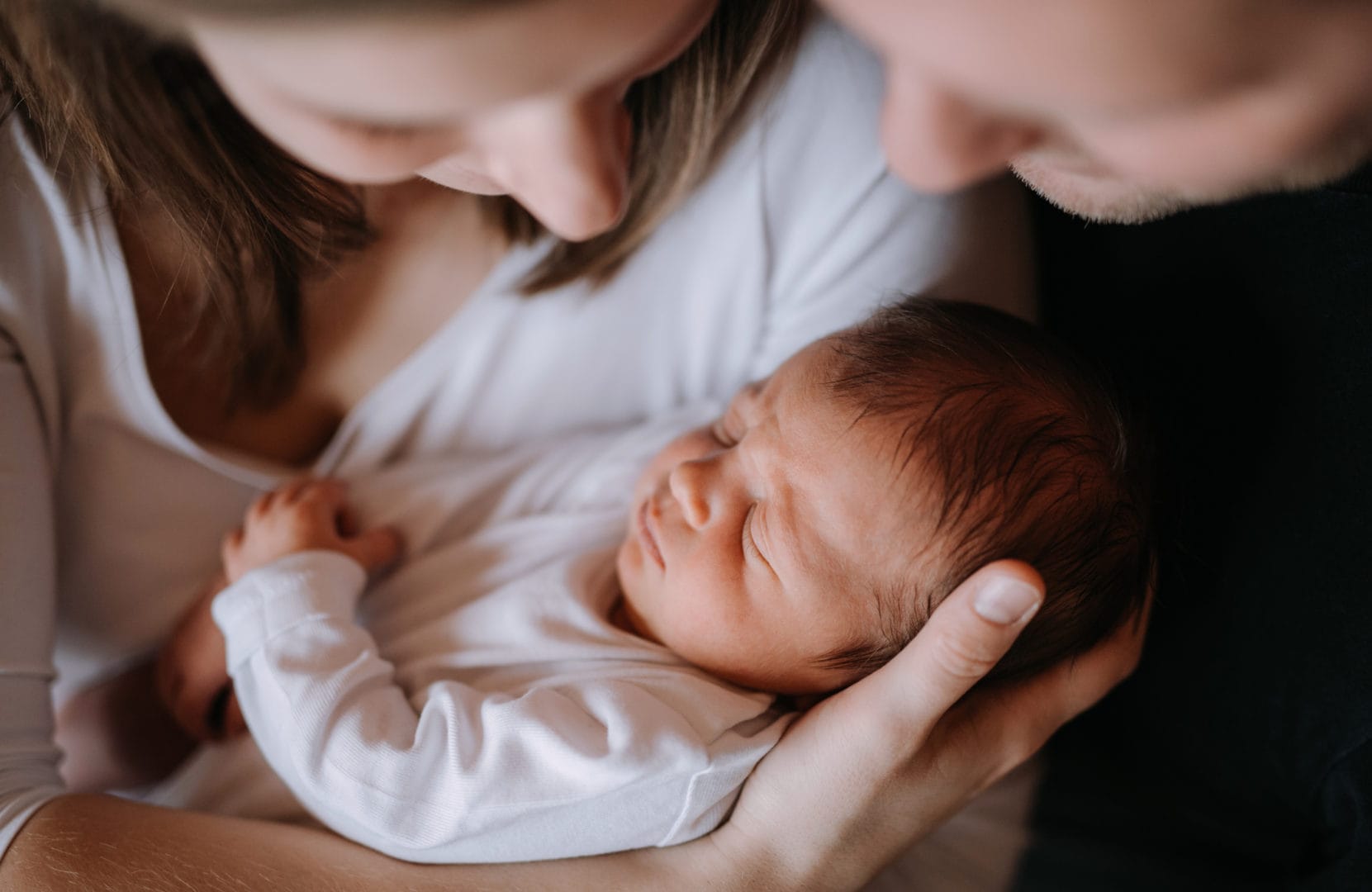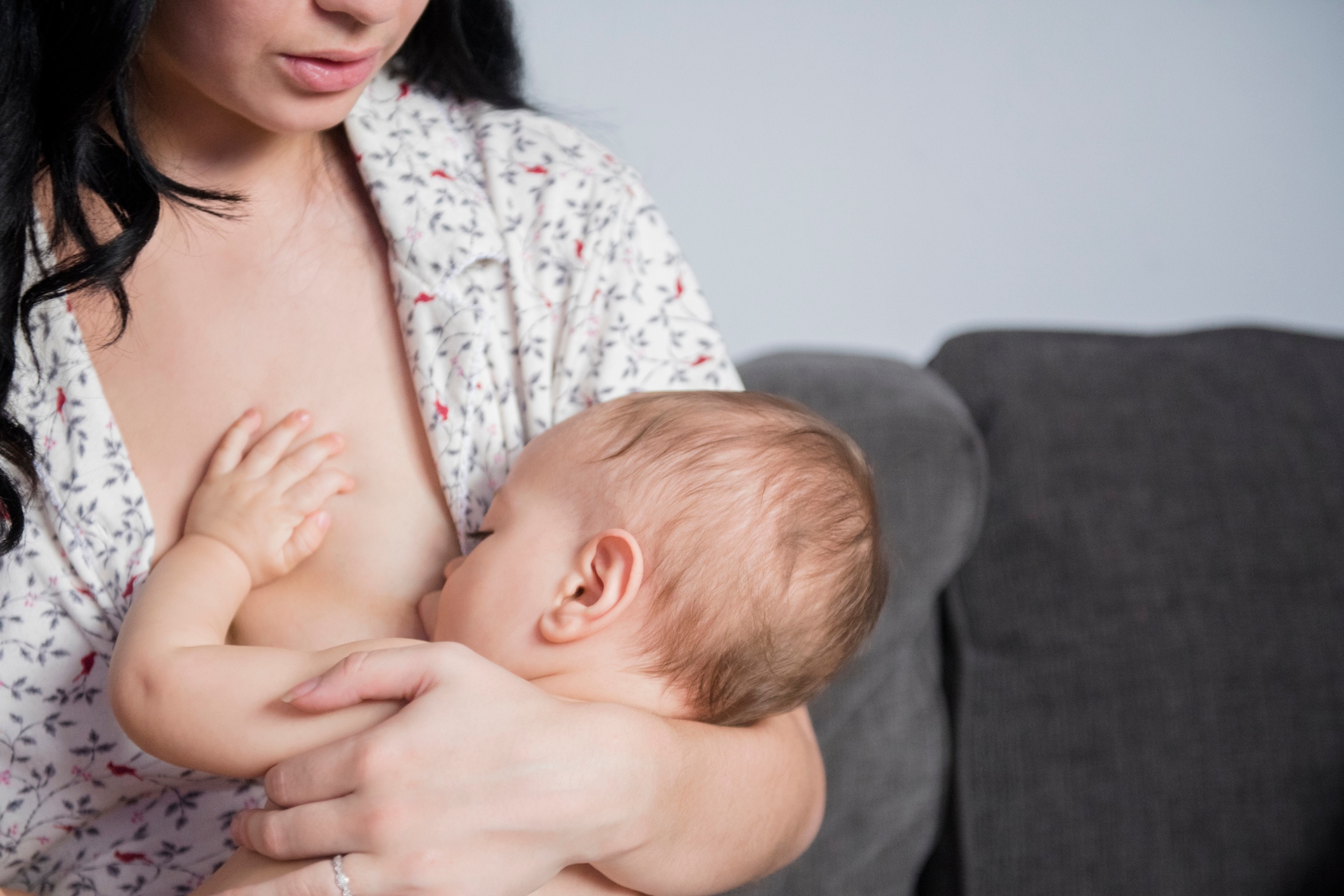Unique baby names are kind of the norm these days. It’s not uncommon to hear of kids named Abcde (pronounced “ab-si-dee”) or Tesla and Lucifer. But usually when we talk about parents picking uncommon names for their babies, we’re talking about first names. Australian parents Courtney Cassar and Laura Sheldon are making headlines for a totally different naming practice. The new mom and dad chose to invent a completely new last name for their baby girl.
The couple welcomed their daughter, Lyla Jill, in October, according to the New Zealand Herald. The parents have different last names, so they had to decide what to use for their daughter’s surname. Rather than hyphenating their last names or only choosing to give her one parent’s name, the parents decided to try something different: They combined the first four letters of Cassar and the final five letters of Sheldon to create the new surname Casseldon.
“We were excited to give Lyla a blended name because it means it comes from both of our families instead of one, and now her last name tells a story,” Cassar tells the New Zealand Herald.
Unfortunately, not everyone who has read the story has been accepting of their choice. On the New Zealand Herald Facebook page, a heated debate broke out about the potential problems with giving children unique last names.
“What a terrible idea,” one commenter writes. “If that kid does the same with their child and so on and so on … there will be no ‘family’ names left!”
Another adds, “Surnames are for identity. What happens if they break up? They will have no connection for where they came from.”
Others took to simply bullying the parents and accusing them of seeking attention.
“Oooooh, look at us! We’re so woke and so millennial,” one person writes. “We’ll start a trend. Hey, whatever floats the boat.”
But not everyone reacted negatively to the parents’ choice. In fact, many people wrote that something similar had happened in their own families.
“Not even a new trend. My mother is a Dodsworth and my father an Overwater … and I end up with this abomination of a name,” writes a commenter with the last name Overworth.
One parent adds, “We did this, and now we have both changed our names to be the same as our daughters. It has given us a really strong family identity.”
There isn’t any data on how many parents have given their children a blended last name, or chosen one for themselves, but the trend may be on the rise. In 2017, Glamour magazine did a feature on couples who blended their last names to create new family names for themselves and their kids. As Glamour reports, many couples made the choice because they believe blended names are a part of “creating family unity.”
There’s also the fact that it’s not uncommon anymore for women to keep their own names when getting married or for members of the same family to have different names. In 2015, the New York Times data blog, the Upshot, reported that 20% of recently married women kept their maiden names, and about 10% of recently married women chose to hyphenate their last names. By comparison, only 14% of married women kept their maiden names in the 1980s, and 18% did in the ‘90s.
A 2018 Baby Center Survey also found that in 18% of families, mothers do not share a last name with their partner or children. Additionally, 4% of those surveyed said their children took the mother’s maiden name, and about 2% of parents gave their child either a hyphenated or double last name. Differences in last names may also result from divorce or remarriage.
While society loves to debate baby name trends and act like parents these days are uniquely bananas, there have always been parents who shirk baby name traditions. According to Social Security Administration data on the least popular old baby names obtained by the Week, there were 969 baby boys named Toy in 1895, and 942 girls named Bama in 1902 — uncommon names that probably earned parents some side-eye back in the day. And let’s not forget about the infamous celebrity baby names of the ‘90s and ‘00s, like Pilot Inspektor and Puma.
Every generation has its own traditions, unique naming trends and brand new baby name ideas. Besides, who’s to say what works for someone else? Ultimately, a name is a unique part of a person’s identity, and each family has to choose the names — first or last — that feel right for them.





